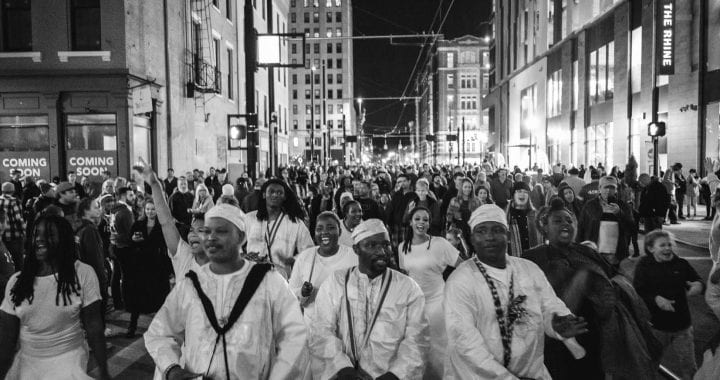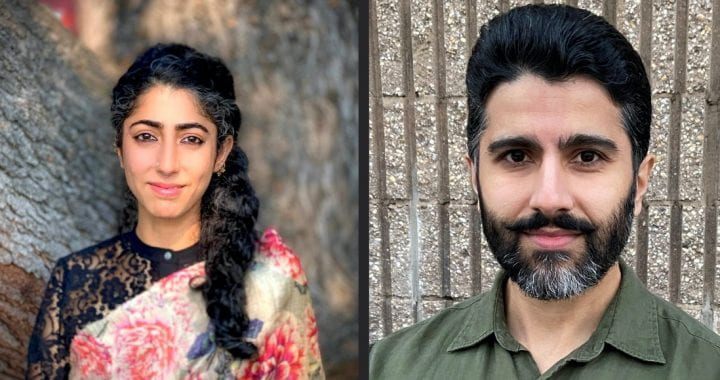How did the global and regional circulation of resources, techniques, and technologies transform local ecologies, practices, and livelihoods? Located between the East China Sea and the Pacific Ocean, the Ryukyu Kingdom (?-1879; modern-day Okinawa, Japan) was a vital entrepôt in the early modern world, facilitating the movement of goods and people between northeast Asia and southeast Asia. This talk situates craft practices and material knowledge at the center of Ryukyu history to explore the historical entanglements of materials, bodies, and skills in the making and remaking of culture.
BuYun Chen is Associate Professor of Asian history at Swarthmore College. She is the author of Empire of Style: Silk and Fashion in Tang China (University of Washington Press, 2019). Her current research explores the relationship between craft production, statecraft practices, and ecological change in the independent Ryukyu Kingdom (modern-day Okinawa, Japan) from the seventeenth to nineteenth centuries.
Date | Time
November 3, 2021 | 12:15 – 1:30 PM [PST]
RSVP by 11 AM on Wednesday, November 3rd; you will receive the Zoom link and password at 11:30 AM the day of the colloquium.
To RSVP for the entire Fall 2021 series, please fill out this form.









